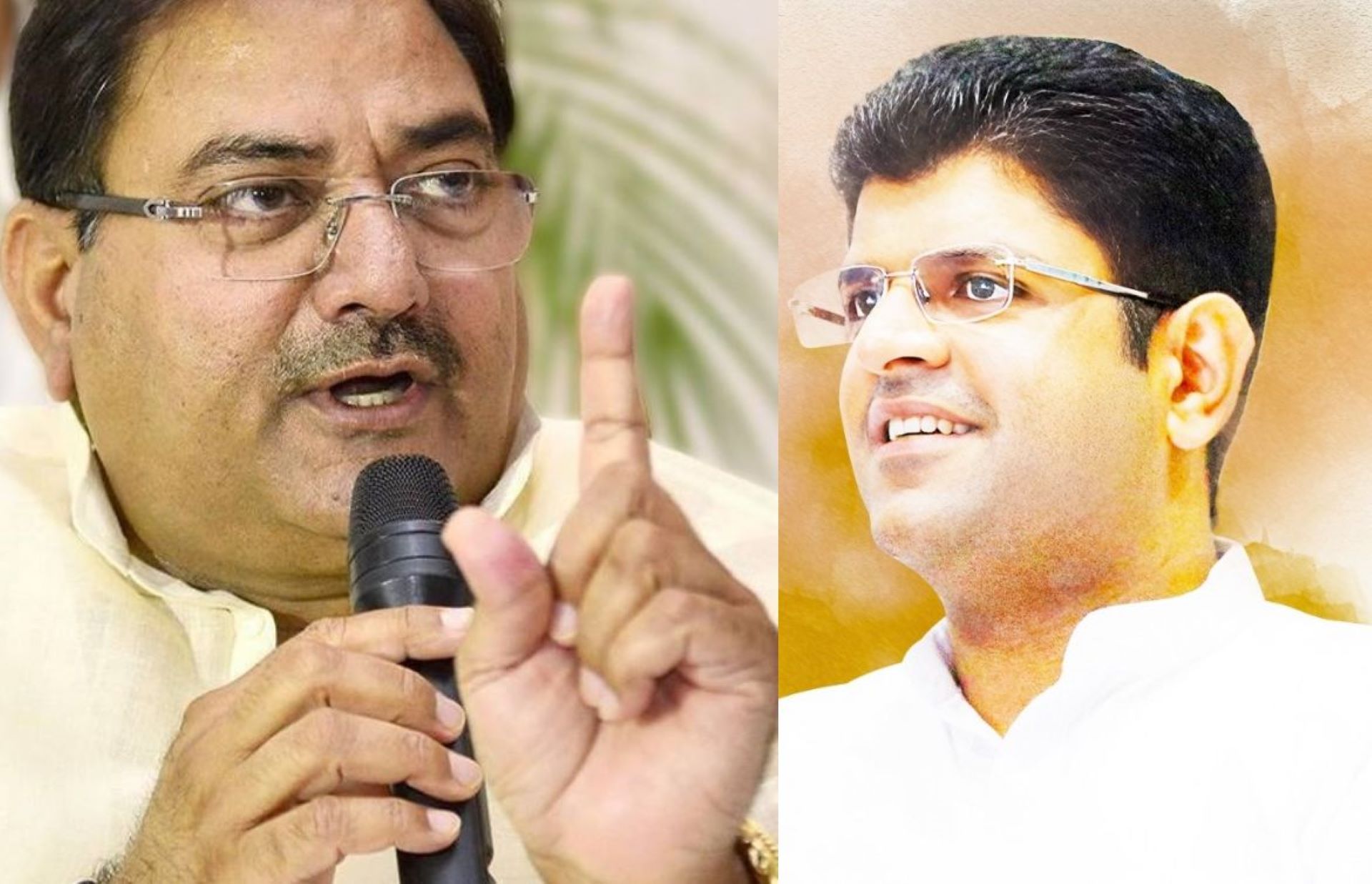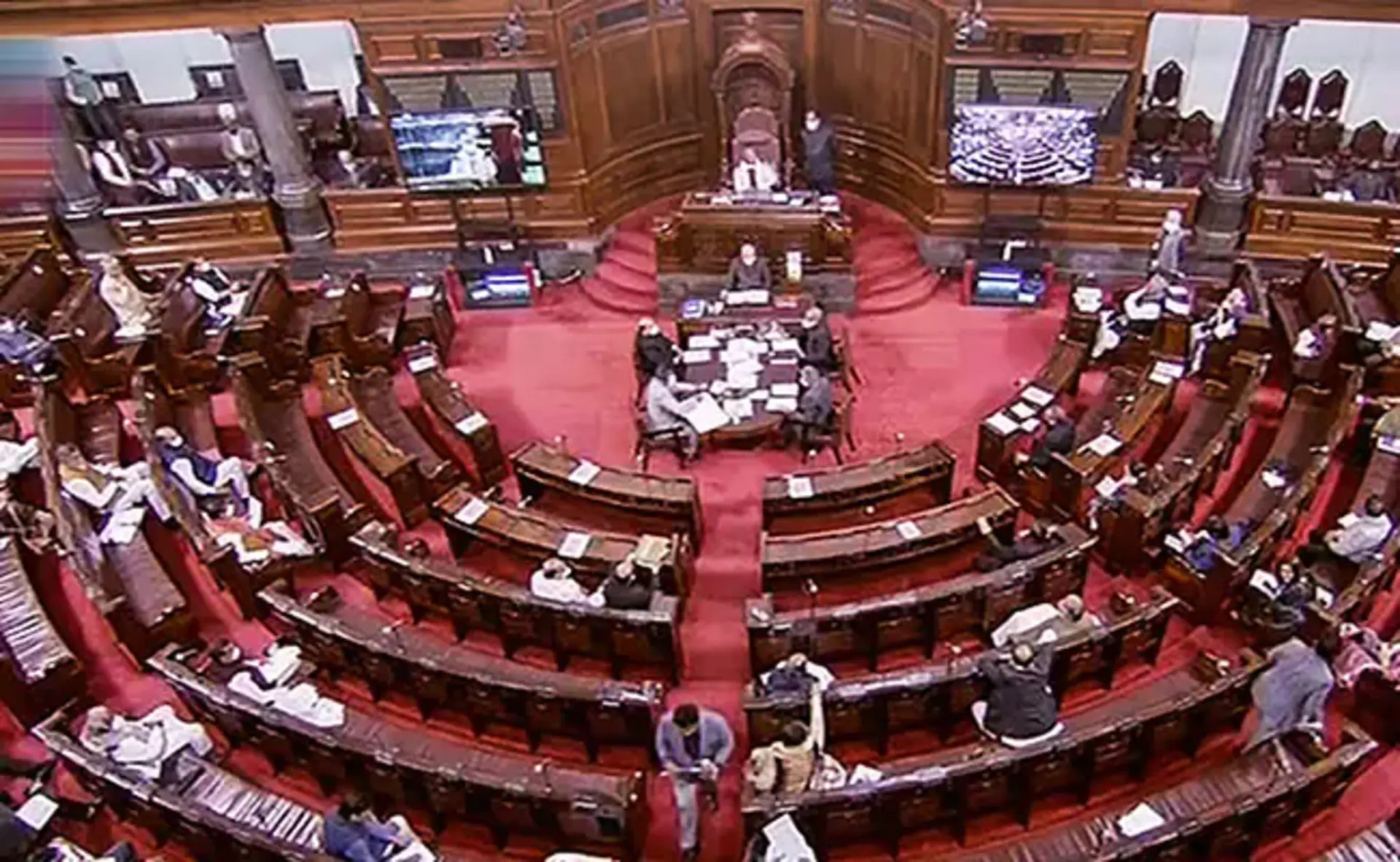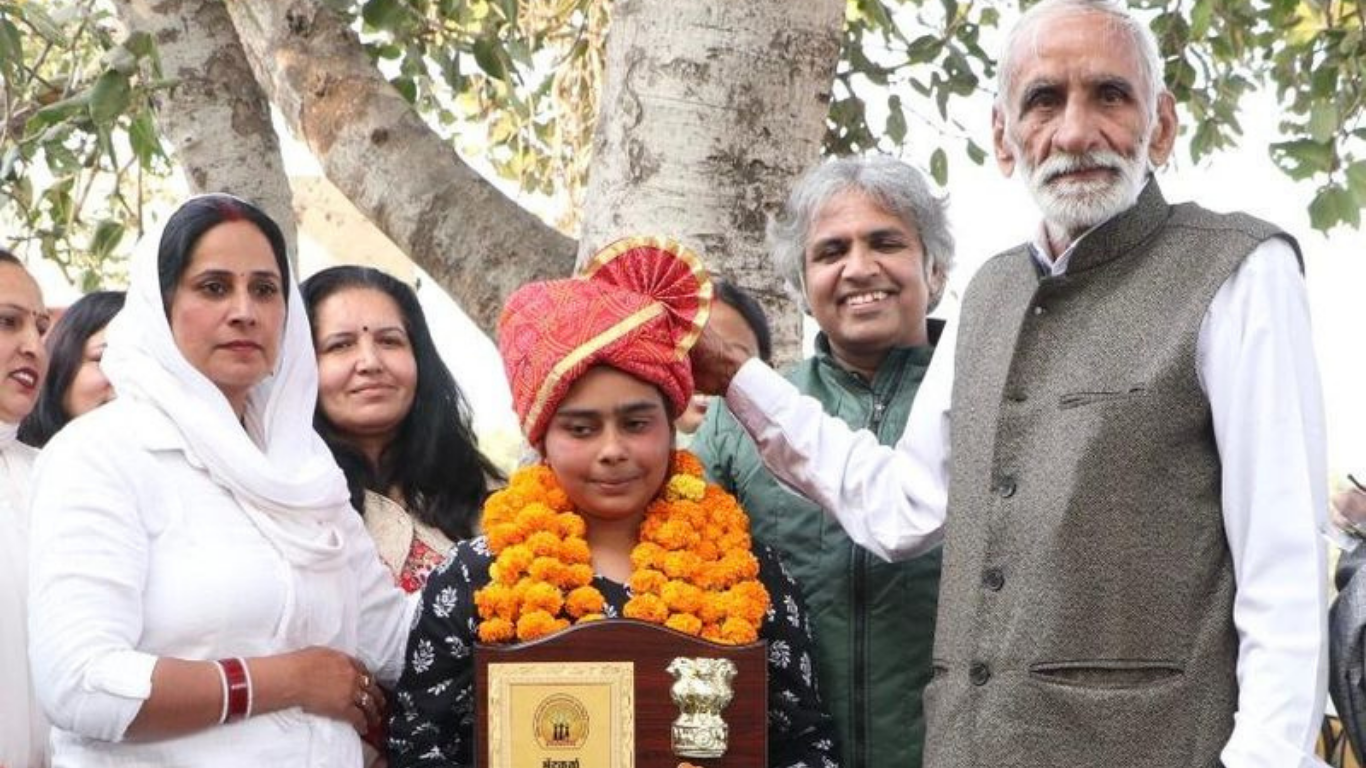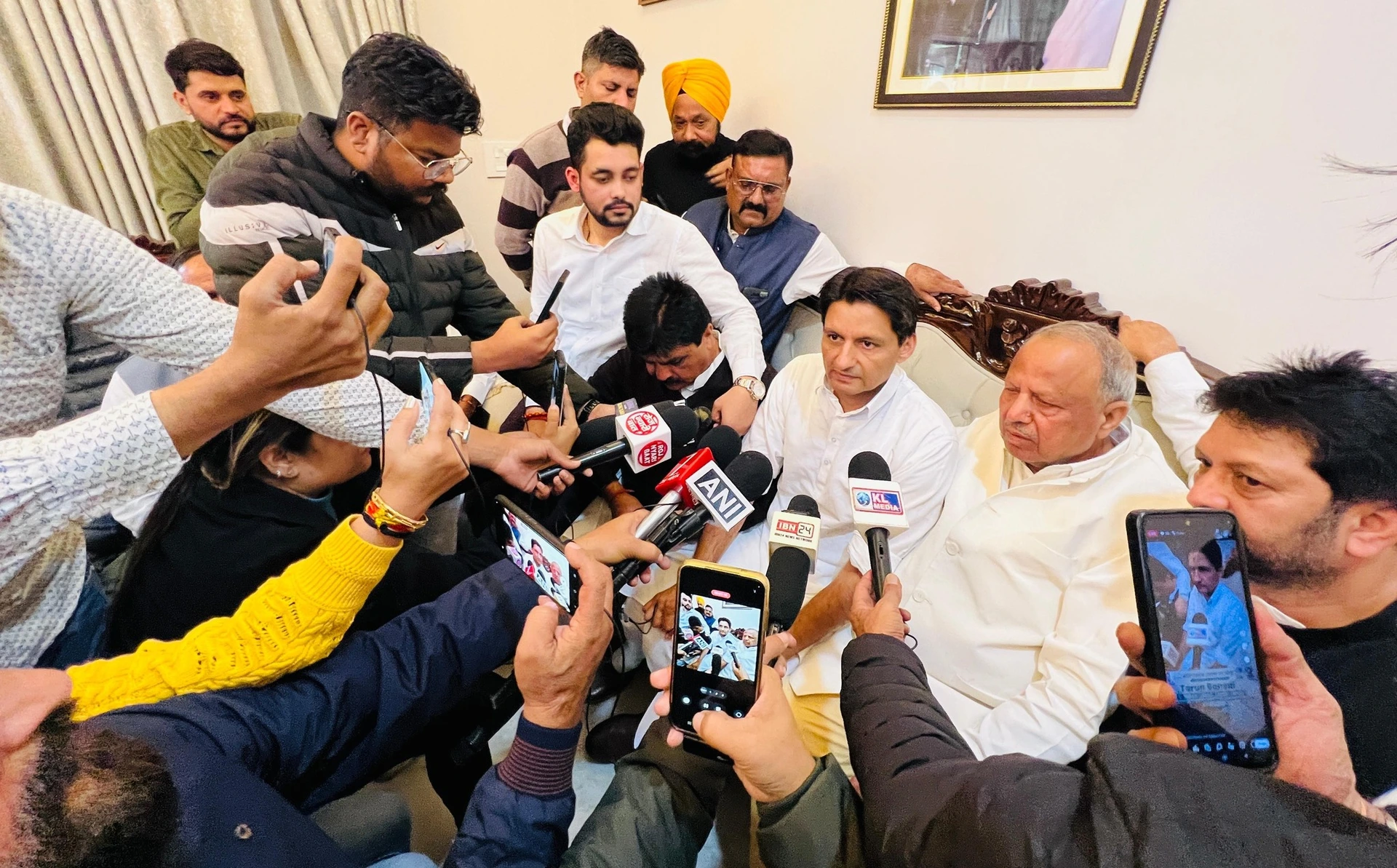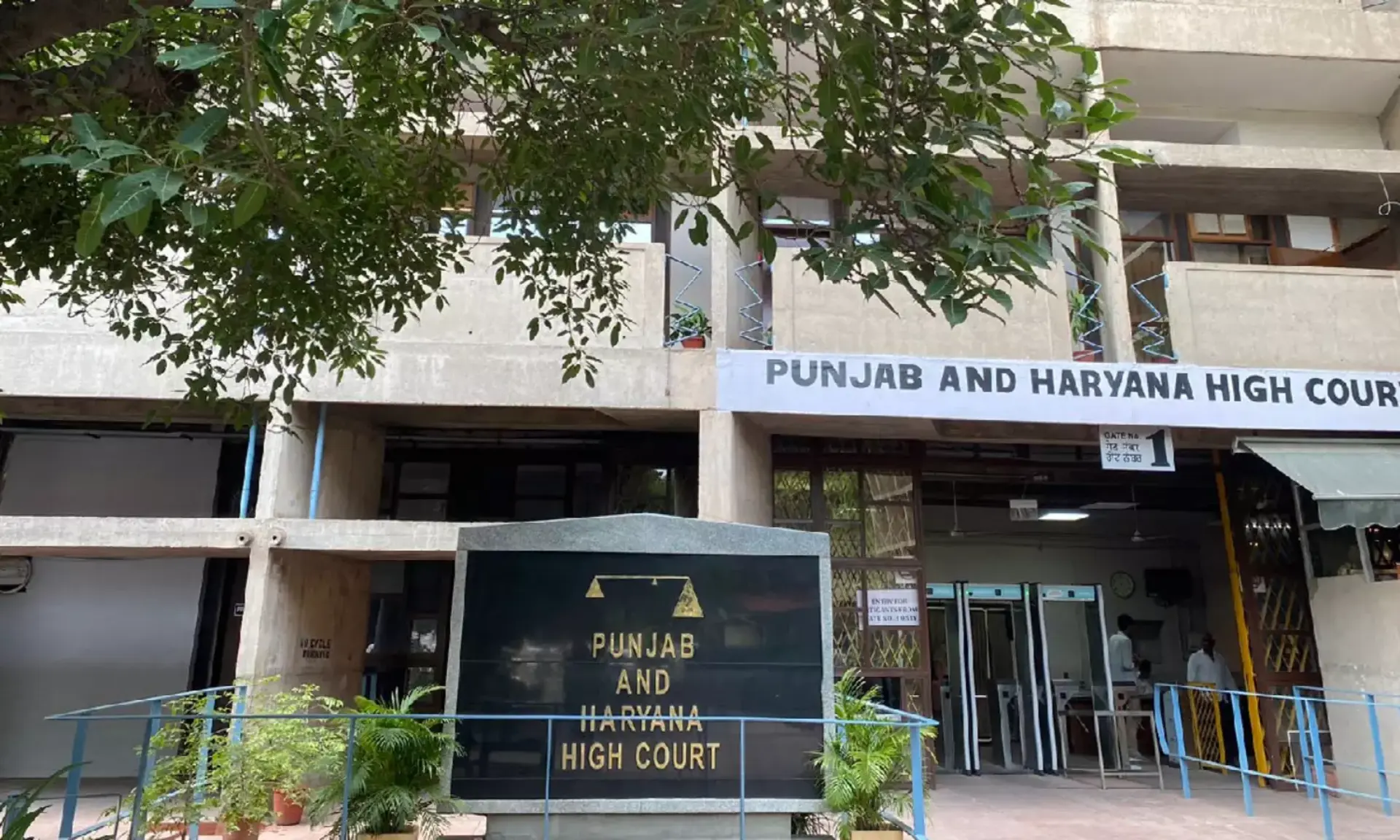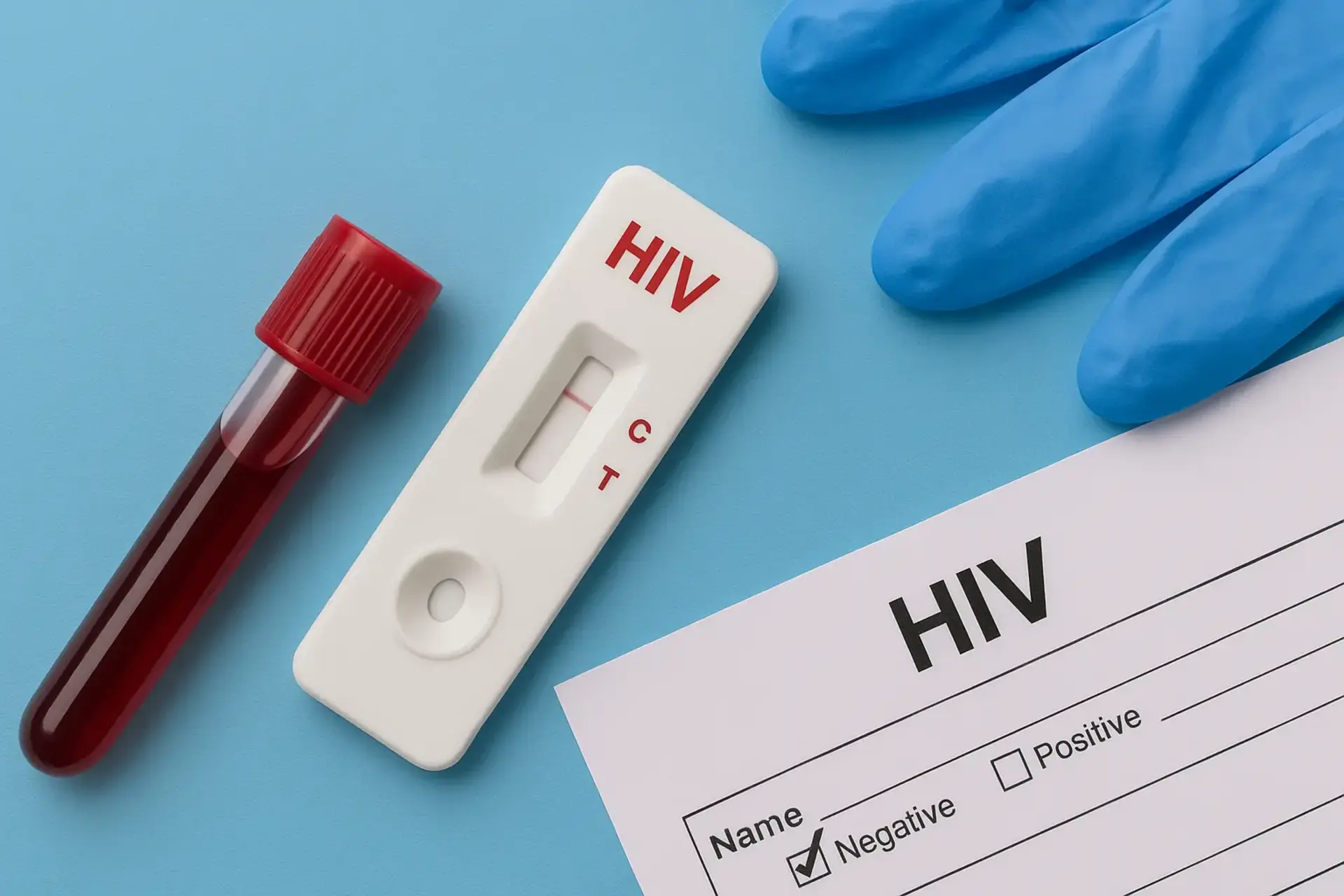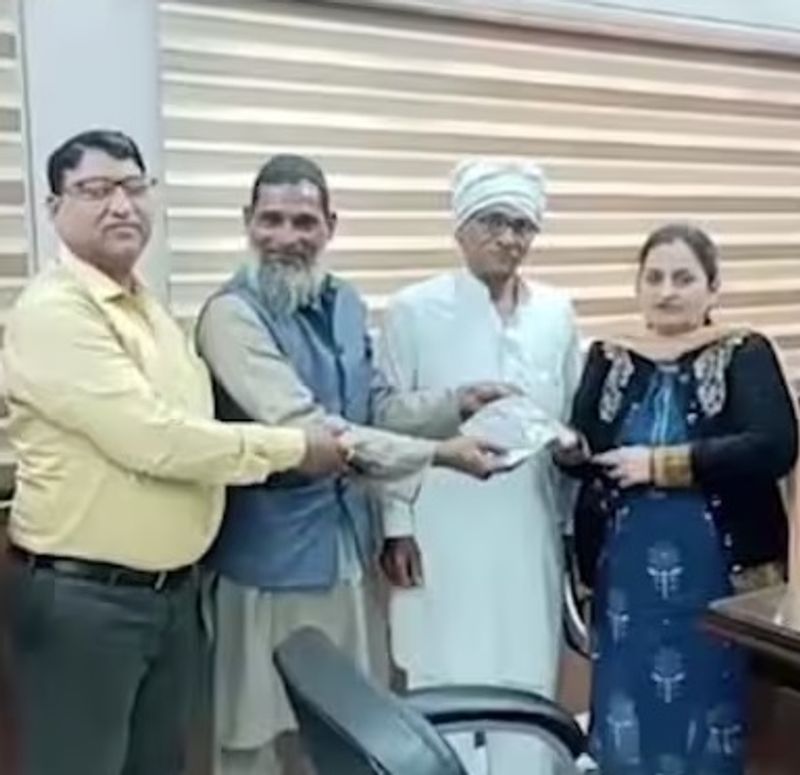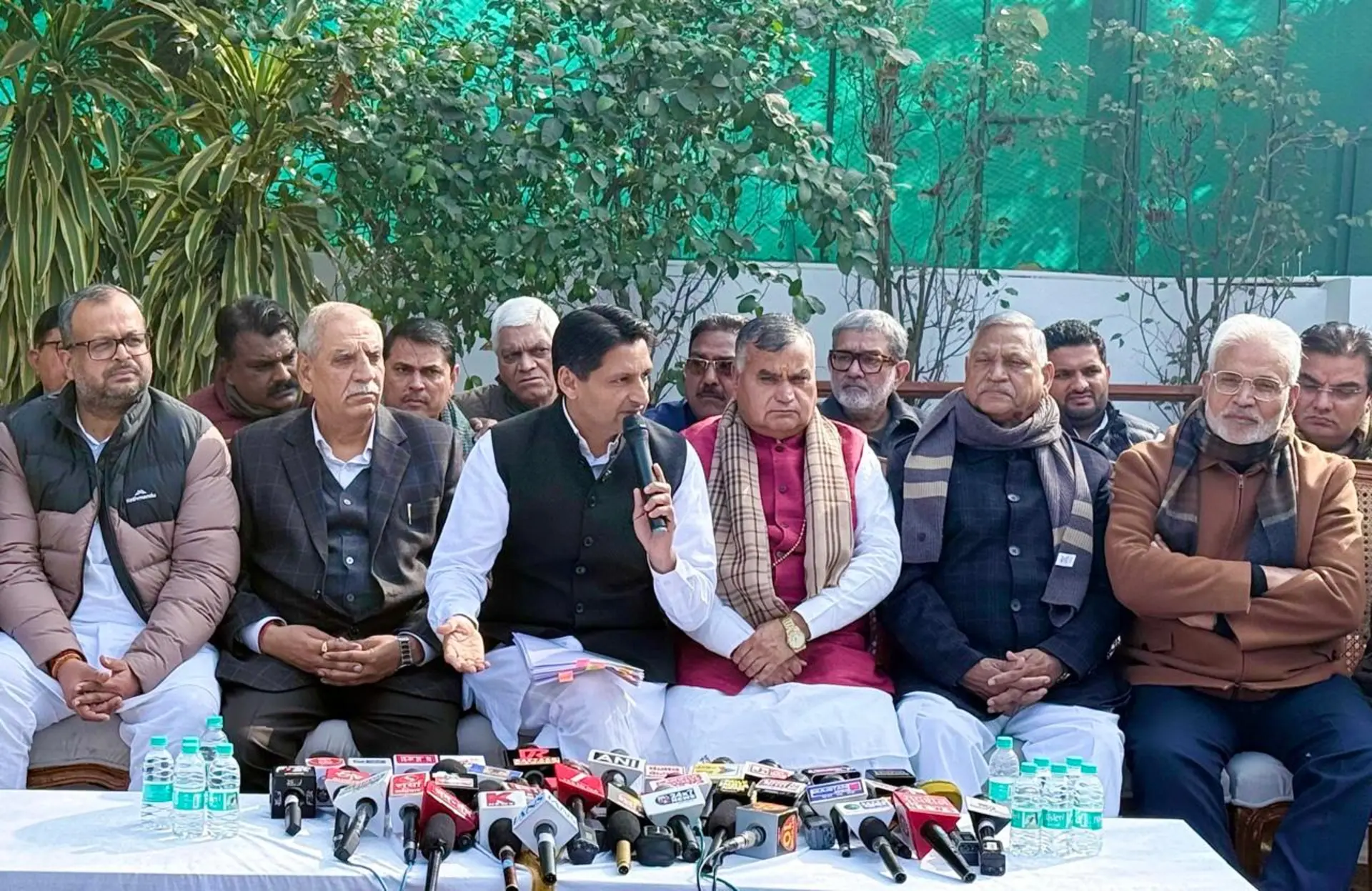
Haryana's political scene is buzzing with activity as the state gears up for assembly elections. Smaller parties are adopting clever tactics to stay in the game, while the big players deal with internal competition and voter dissatisfaction.
Smaller Parties' Smart Move
The Indian National Lok Dal (INLD), Jannayak Janta Party (JJP), and Aam Aadmi Party (AAP) are looking for strong candidates in all 90 assembly seats. They're particularly interested in politicians who might not get tickets from Congress or BJP. This isn't a new trick - JJP used it successfully in the last election, winning 10 seats with candidates rejected by bigger parties but popular locally. INLD leader Abhay Chautala is already making offers to unhappy leaders in Hisar. If this works, it could change local politics and give smaller parties a fighting chance.
Big Parties' Ticket Trouble
Congress and BJP have a different problem - too many people want tickets. Some areas have 15 to 20 people competing for one ticket. This is especially true where these parties did well in the recent national election.
To handle this, BJP is giving election jobs to ticket hopefuls to keep everyone happy. Congress has started taking applications, with over 100 received so far and more expected before July 31.
The Fight for Unhappy Voters
In the last national election, 53.89% of votes were against BJP. Now, all opposition parties want these anti-government votes. Congress did well with these votes in the national election, winning 5 seats and leading in 42 assembly areas. But smaller parties are now trying to get some of these votes by calling Congress leader Bhupinder Singh Hooda a BJP supporter.
As the election gets closer, Haryana's political battle is heating up. What the big and small parties do in the coming weeks could greatly affect the election results and change the state's political future.



